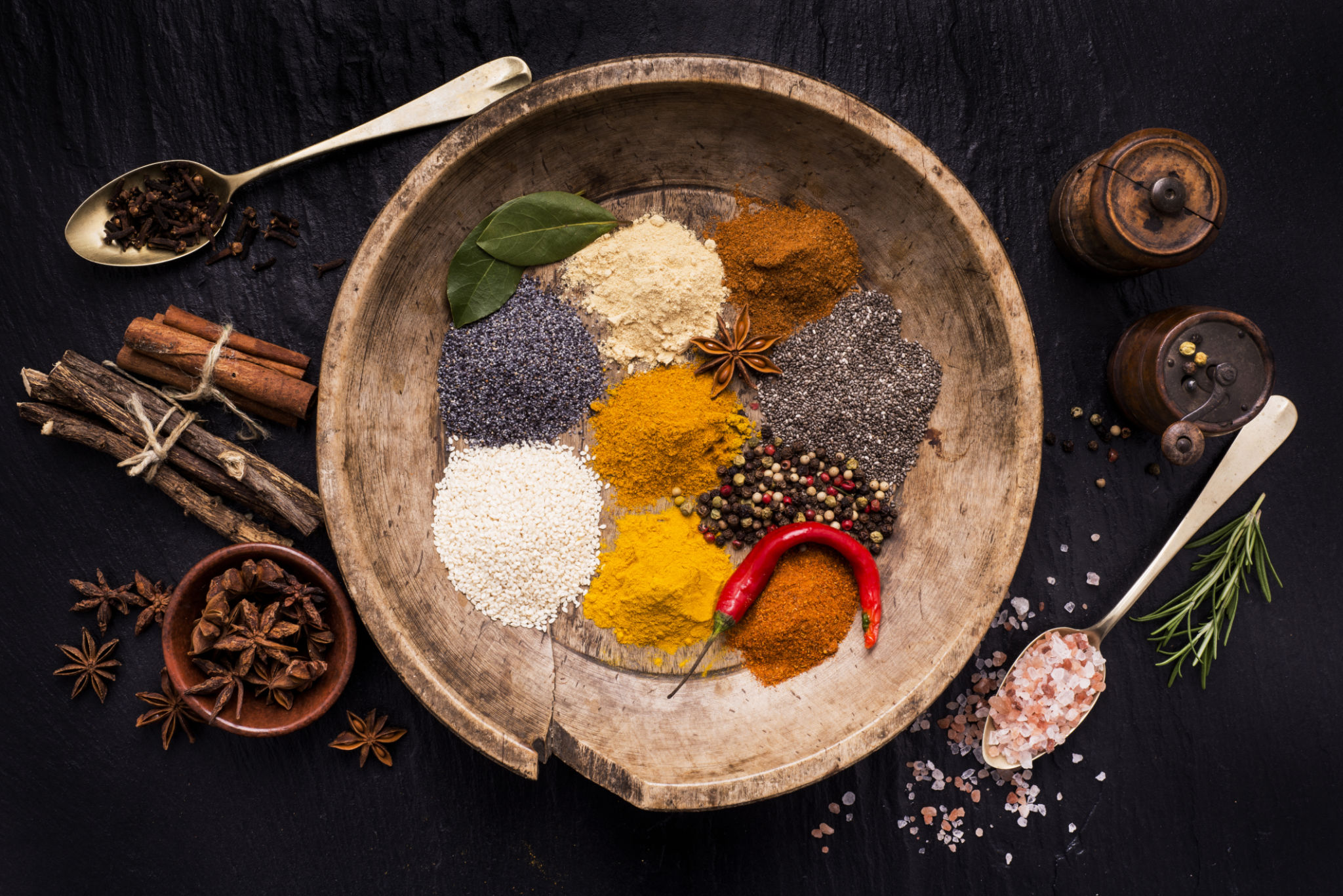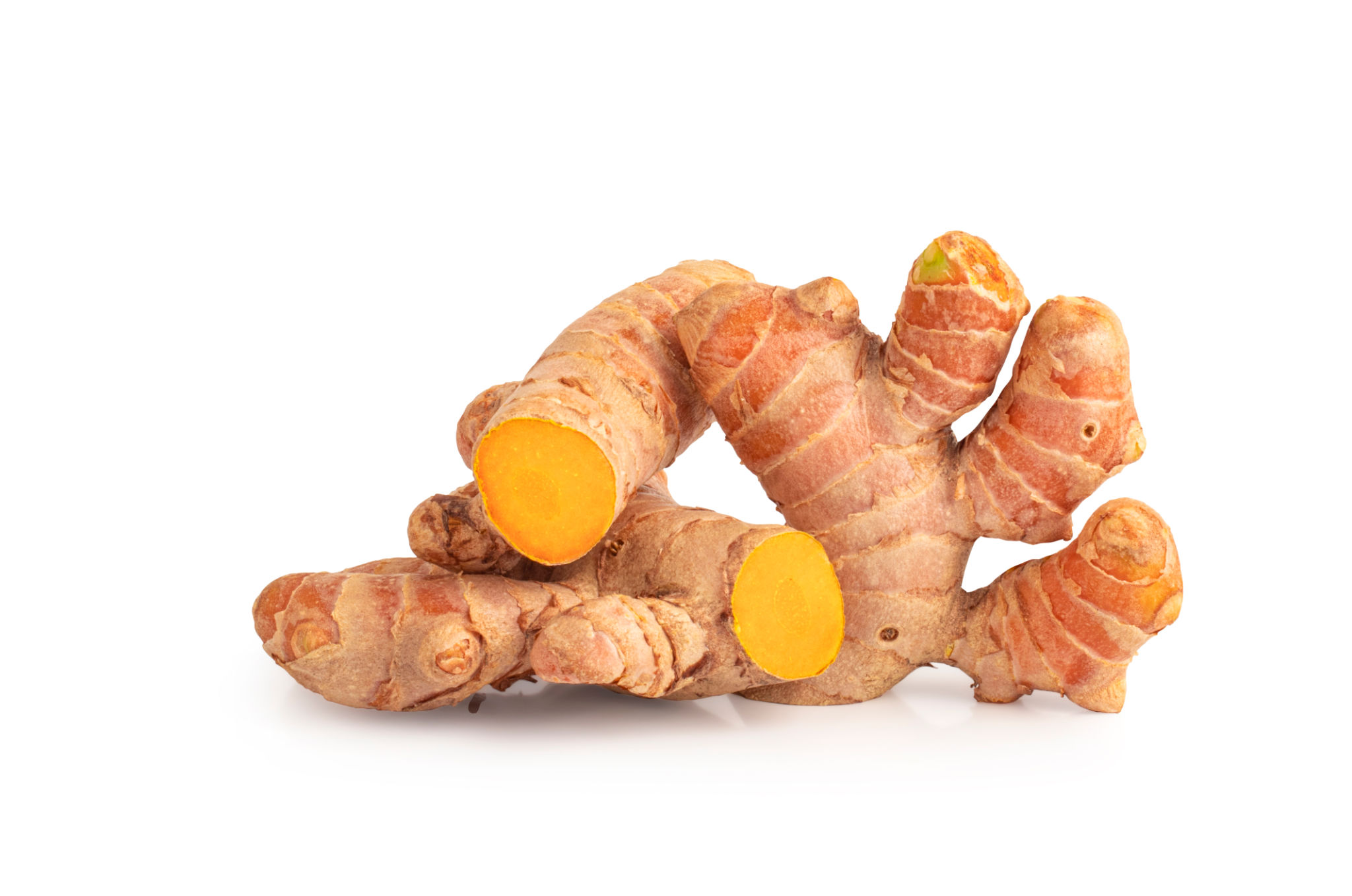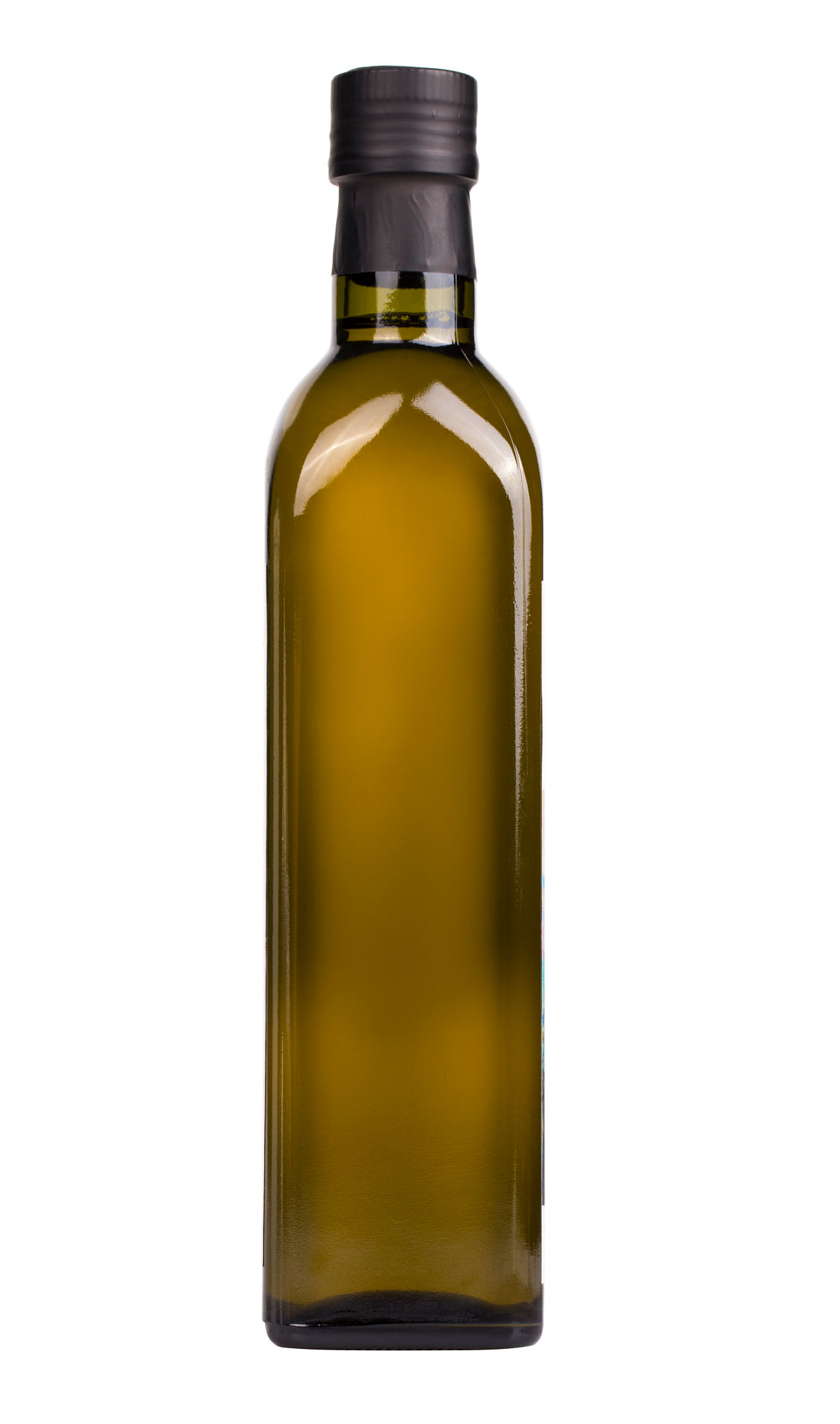The Health Benefits of International Ingredients: A Nutritional Exploration
Introduction to International Ingredients
In today's globalized world, our kitchens have become melting pots of flavors and nutrition from every corner of the globe. Exploring international ingredients not only adds an array of tastes to our meals but also brings a multitude of health benefits. These diverse ingredients often boast unique nutritional profiles that contribute significantly to a balanced diet.
From the antioxidant-rich berries of South America to the heart-healthy spices of India, international ingredients offer more than just exotic flavors. Let's delve into some of these ingredients and uncover how they can enhance our health and well-being.

The Superfoods of South America
Acai Berries
Acai berries, native to the Amazon rainforest, have gained popularity as a superfood packed with nutrients. These small, dark purple berries are rich in antioxidants, particularly anthocyanins, which are known for their ability to combat oxidative stress and inflammation. Incorporating acai into your diet can help boost your immune system and improve skin health.
Quinoa
Known as the "gold of the Incas," quinoa is an ancient grain that offers a complete protein source, containing all nine essential amino acids. It's also high in fiber, magnesium, and B vitamins. Quinoa can aid in weight management and support heart health, making it a versatile and nutritious addition to your meals.

Asian Ingredients and Their Health Benefits
Turmeric
Turmeric, a staple in Indian cuisine, is renowned for its powerful anti-inflammatory properties. The active compound in turmeric, curcumin, is a potent antioxidant that can help reduce the risk of chronic diseases such as heart disease and arthritis. Adding turmeric to your diet can enhance brain function and improve digestion.
Ginger
Another cornerstone of Asian cooking, ginger is celebrated for its digestive benefits. It can alleviate nausea, reduce muscle pain, and lower blood sugar levels. With its anti-inflammatory effects, ginger is also beneficial for easing symptoms of osteoarthritis.

The Mediterranean Diet: A Model of Health
Olive Oil
A key component of the Mediterranean diet, olive oil is packed with monounsaturated fats that promote heart health. Rich in antioxidants like vitamin E and polyphenols, olive oil can help reduce inflammation and lower the risk of chronic diseases. Using olive oil as your primary cooking fat can improve cholesterol levels and support overall health.
Chickpeas
Chickpeas, or garbanzo beans, are a staple in Mediterranean cuisine known for their high protein and fiber content. These legumes are excellent for maintaining digestive health and supporting weight management. Chickpeas also provide essential vitamins and minerals like folate and iron.

Conclusion: Embracing Global Flavors for Health
Incorporating international ingredients into your diet not only enriches your culinary experience but also provides numerous health benefits. By exploring these diverse foods, you can enjoy a more varied diet while reaping the nutritional rewards they offer.
Whether you're savoring a quinoa salad or spicing up your dishes with turmeric, embracing global flavors can transform your meals into both a gastronomic delight and a path to better health. Start experimenting with these international ingredients today and discover the vibrant world of nutrition that awaits you.
